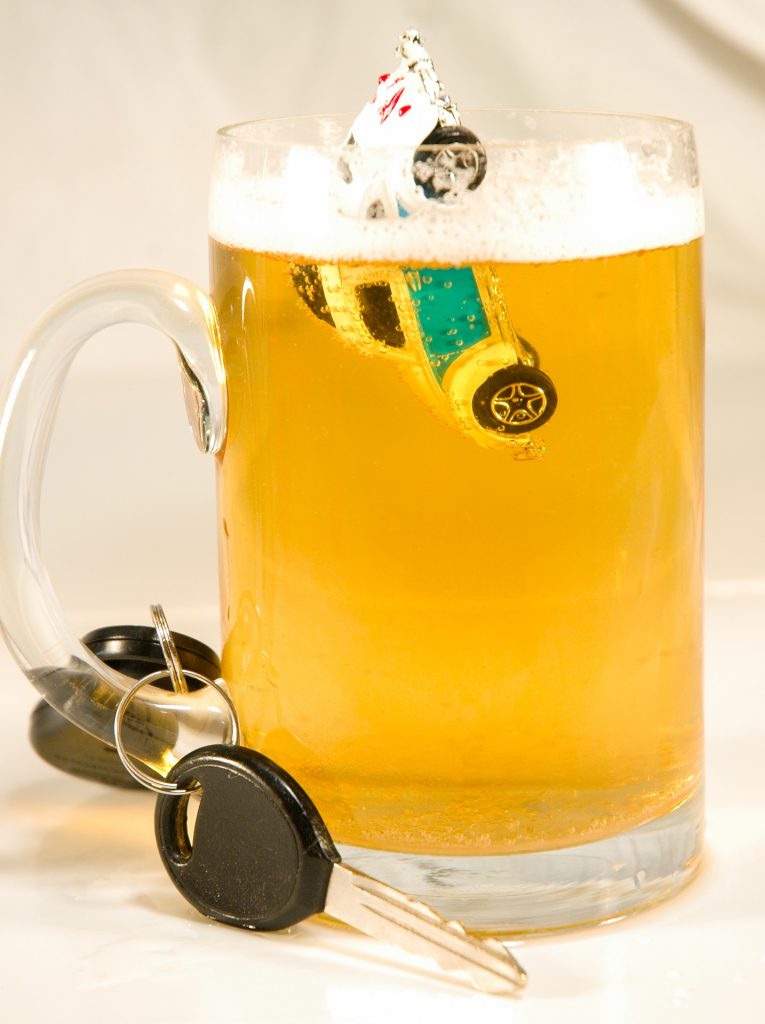 Some good news is emerging regarding Florida when it comes to driving. The number of fatalities that happened due to drug or alcohol-related crashes plunged by more than thirty percent last year, per the Florida Department of Highway Safety and Motor Vehicles (FLHSMV). According to the department, there were just under 750 fatalities, a drop that may have been largely due to the fewer people on the roads as a result of the pandemic.
Some good news is emerging regarding Florida when it comes to driving. The number of fatalities that happened due to drug or alcohol-related crashes plunged by more than thirty percent last year, per the Florida Department of Highway Safety and Motor Vehicles (FLHSMV). According to the department, there were just under 750 fatalities, a drop that may have been largely due to the fewer people on the roads as a result of the pandemic.
According to FLHSMV, the overall number of impaired-driving accidents dropped by over 16%, impaired-driving deaths also plunged by more than 30%, and impaired-driving injuries dropped by over 25%.
FLHSMV and its branch of the Florida Highway Patrol (FHP) are spearheading the Never Drive Impaired initiative in collaboration with state agencies and safety groups throughout the state to warn travelers that there is no excuse to drive impaired this month, as Florida usually sees an uptick in traffic and tourists as the spring break period arrives.
The Florida Department of Transportation (FDOT) will also be doing its part to drive the program with impaired-driving safety and prevention campaigns nationwide, including PSAs on social media and radio, signage, and more. For real-time traffic updates this spring and during the year, FDOT invites commuters to download the free Florida 511 app.
For more information and tools about the Never Drive Impaired campaign, go to the Florida Department of Highway Safety and Motor Vehicles’ website. Throughout March, FHP will be stepping up monitoring of intoxicated driving, and the public is urged to track unsafe or impaired drivers and call *FHP (*347) if they spot something.
As your Miami traffic attorney, we encourage you to practice safe driving and we are here to help in the event of a traffic ticket. If you need assistance from something like traffic lights, our red light camera violation attorney services may save you tons of money.
This information is provided for educational or informational purposes only and should not be construed as legal advice. The information is not provided in the course of an attorney-client relationship and is not intended to substitute for legal advice.
